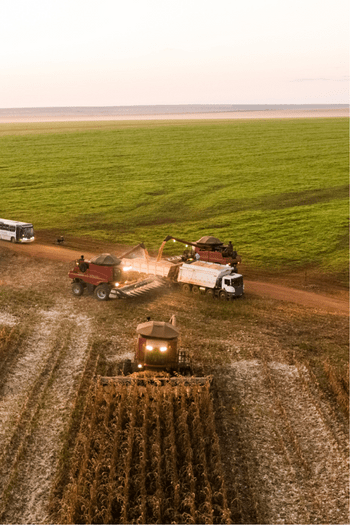Feeding Schemes for Underprivileged Children and Vulnerable populations
One of Huntpal's most notable contributions is its commitment to feeding schemes for underprivileged children and other vulnerable groups
in rural areas. By donating a portion of the game meat harvested during hunting safaris, Huntpal ensures that these communities have access to
nutritious food. For instance, the meat from one hunted antelope can provide approximately 400 meals. This means a single animal can feed around 100
children, assuming each child receives a meal four times a week. This initiative not only addresses immediate hunger but also supports
the overall health and well-being of these populations, allowing children to grow and learn in better conditions and adults to lead more productive
lives. The more people who join Huntpal’s cause, the more communities can benefit from these vital feeding schemes.

Direct Job Creation through Hunting Safaris
Huntpal's sustainable hunting model generates significant employment opportunities for local residents.
The hunting safaris organized by Huntpal require a range of skilled and unskilled labor,including game scouts,
trackers, hospitality staff, and maintenance workers. By providing these jobs, Huntpal helps stimulate the local economy,
reduce poverty, and improve the quality of life for community members. Increased participation in Huntpal’s hunting safaris
directly translates to more job creation, further boosting economic development in these rural areas.

Conservation through Sustainable Hunting
A cornerstone of Huntpal's philosophyis the sustainable management of wildlife resources.
Hunters harvest only small numbers of animals, which not only prevents over hunting but also contributes to the growth of animal populations.
This selective harvesting strategy allows wildlife populations to thrive, ensuring that ecosystems remain balanced and biodiverse.
More hunters supporting Huntpal means enhanced conservation efforts, ensuring the protection and growth of wildlife populations for future generations.
